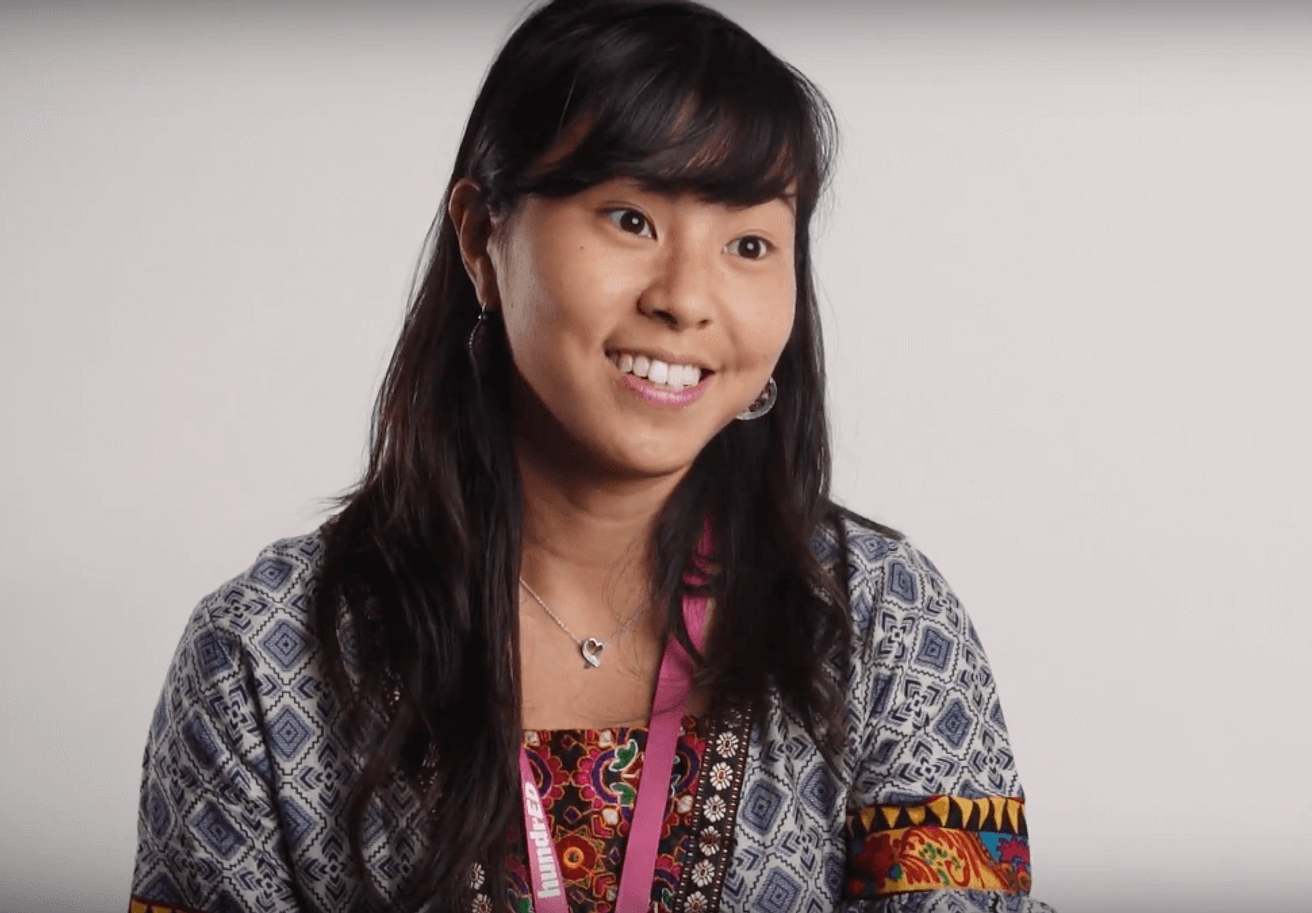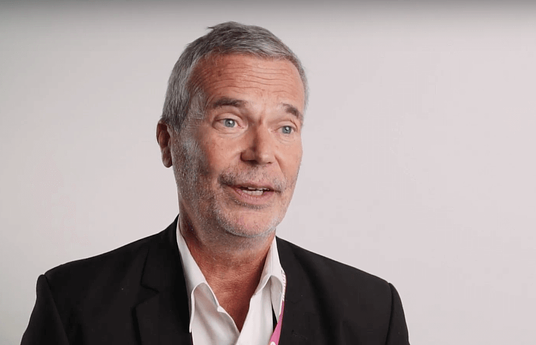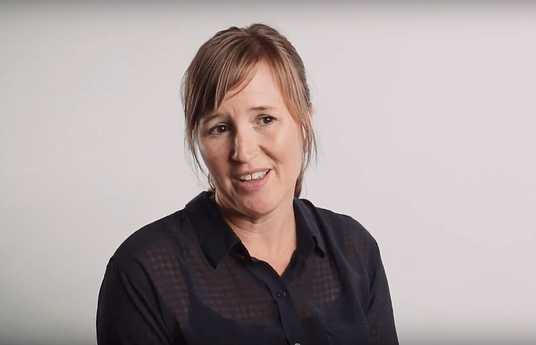Redes de Tutoria is an educational movement to build networks of learning based on personalized dialogue, reflection, and community presentations. Originating in Mexico, this model has spread to Singapore, Thailand, Chile, and San Diego California and continues to scale. We spoke to Meixi to find out more about this impactful innovation.
Please introduce yourself and your innovation
My name is Meixi and I come from an organization called Redes de Tutoria that is an educational movement that originated in Mexico and now has spread to many parts of the world including South East Asia, Singapore, Thailand, Chile and many others.
Redes de Tutoria is a movement that uses the distributed energies of each person in the classroom so that students are not just recipients of educational change but the creators of it. How we do so is by focusing on the tutoring dialogue and creating these networks of learning both within the classroom but also that extend out from school to school, from family to family, from community to community, so that learning doesn't just stay within the school but it changes and transforms the social fabric of each community.
How have you seen self-directed learning in practice?
I think of a teacher that I used to work with, her name is Sarah Moran and she always talked about in her classroom because of this idea of building this learning community, that students felt like "ok, I need to make sure that no one is left behind" and students would say "oh let me come work with you, you really love this topic, because I know you and I care about you". Because students are the teachers in the classroom as well, they are able to make sure that we are together, that we're a collective.
In another community in Mexico I heard a story of Carlitos who is a student there and he is 13 years old, he took a topic that he designed on violence in the family because he has seen his mum being beaten every Sunday and he wrote a text saying why I don't like Sundays. He investigated all the different kinds of violence from bullying to psychological violence, a really deep study, and his mum felt the courage to do something about the violence at home.
So I think of Carlitos because it took courage but it also took deep humility to act on issues that we see in the community. A lot of times in rural communities where there's a lack of employment, alcoholism is high and a whole host of other diseases is high. Becuase students are able to be concerned and have the tools to create not just educational change but social change and transformation for their families and communities, they are able to come together to act and learn about what we can do to move us to more peaceful, more collective, more loving communities in that sense. I think that it's not just self-directing, for the self, it's for others, it's for the community, it's for issues that kids see every day.
The most wonderful thing about Carlitos' stories is that students didn't lose hope, they had the tools to actually want to invite their parents to come and examine their own lives, examine the issues that they were facing as a community. They had the tools to dialogue with families, to design lessons around these very taboo issues that usually nobody talks about. When we went to interview Carlitos and his mum together and she talked about the strength and courage she felt as a result of the way that her son was learning at school, that changes both in her life and in her family.
So how can the work of education change not stay just in the school, but spill out into the community? That there's a closeness between teachers and parents in order to work together to create the changes we want to see. I think we've seen that come to life in the way that parents are part of the community at school and that students are able to learn because they want to be the changemakers in their homes and in their communities.
What are the key elements in self-directed learning?
In Thai, sometimes for 'learn' we say 'Kao Jai', which means for learning to enter the heart. So to understand something it has to transform you, it has to go into the look in your face, the eyes that shine when you get something. So I think for self-directed learning to happen we need to put our entire souls and minds and hearts into the work and believe and trust that kids know what they want to learn and they are able to make connections between math and art, science and history. I think we need to have a sense of solidarity.
So much work in education you feel alone, like you're the one taking the test or you're the one in school having to do your homework, but I think for self-directed learning to happen, ironically, you need that community. You need a community that believes that you can learn and that you can also teach. That's what Tutoria is about, it's about believing that every single person has something they can teach and that every single person has a deep desire to learn, that we were born as powerful learning beings. From that belief, to have a community where you can continue to be pushed by others and grow because you know that you can fall and someone is there to catch you, but at the same you're also pushing other people and you're able to contribute to the way that educational change happens and that's what motivates you. You're no longer thinking about yourself, but the other person and that's when you feel responsible and want to continue learning, for the collective, for the group. It's a sense of solidarity and community that I think is so key for the work that we do at Redes de Tutoria but also just for education in general.
What is the biggest challenge in education right now?
I think that the most pressing need right now is that we don't trust kids to learn. We don't trust teachers to teach and because of that schools have structured inequities and structured divides. So the inequities we see in the world is often because of the education systems we have in place. This has lead to a lot of colonization of communities that are not dominant in the nation-state.
But how can schools, instead of being sources of inequity and injustice, be creators of a different kind of society, a different kind of person? Can schools be part of changing the social fabric of nations and of the world? Becuase the world is changing and we're not even prepared for the solutions or the challenges that are going to face us. I think if we continue forcing kids to learn one kind of knowledge or believing or not trusting that they know and that communities and families know what they need to learn, then actually we'll lose out as humanity if we don't open up schools and open up the ways of knowing to include all of the actors within classrooms and schools.
The next 100 years of education should...
... bring us together as a humanity to think about how students and parents and teachers coming together and having these flows between knowledge from home and school can actually create worlds that move us closer towards social justice.
Visit the innovation page to learn more about Redes de Tutoria.





